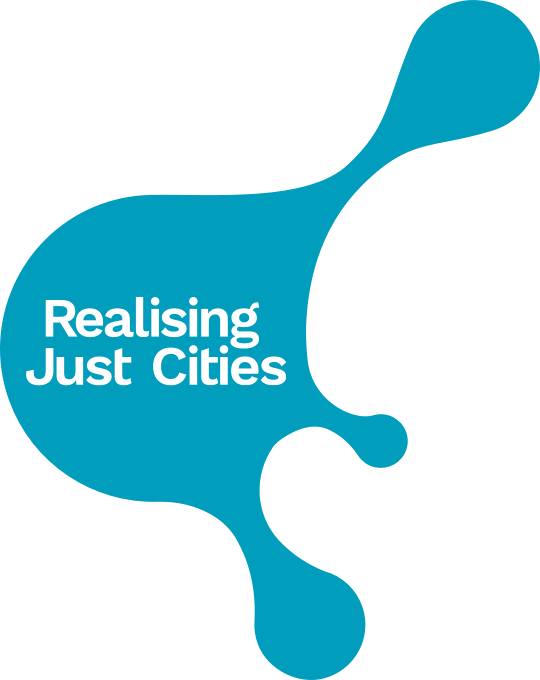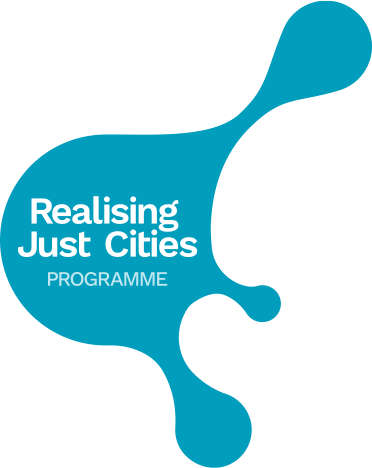Co-Production: Working with Local Democracy
In this fourth post for our Trans-local Learning mini-series, GMCA officer Anne Lythgoe reflects on a visit to Gothenburg Region.
Co-production: working with local democracy
Co-production is a way of designing and delivering public services in a more democratic fashion, giving citizens control over the day-to-day decisions which affect their lives. [source]
I was recently very lucky to join a party from Greater Manchester and the West Midlands which travelled to Gothenburg in Sweden. Hosted by the Jam and Justice Action Research Collective and Mistra Urban Futures, we met with officials from both the Gothenburg City and Regional Governments to explore the concept of citizen involvement and co-production.
I quickly realised from our conversations that the democratic environment within which co-production takes place varies dramatically between our countries. In Greater Manchester (population 2.8million), there are 27 MPs and 645 local Councillors, whereas Gothenburg city-region has nearly ten times as many locally elected politicians for just over one third the number of people.
As the British delegation described projects which were citizen-led, and aiming to influence public procurement, spatial planning, and the commissioning of public services, for example; our Swedish hosts listened with interest. ‘But how do you manage this with your politicians?’ they asked. Politicians, they told us, play a strong role in all projects and programmes, so they didn’t have many similar ‘co-production’ projects.
Gothenburg regional colleagues told us how they hadn’t carried out a referendum about having a congestion charge because it had political support, so they didn’t feel the need to ask the people. Working on a day to day basis with so many elected politicians, they felt, gave them a mandate to go ahead.
But working with so many politicians of so many different parties and affiliations was also proving to be difficult, and there were some public projects which never happen in Gothenburg because political consensus is never reached.
However, there are notable examples in Sweden of where the views of local people are influential. For example, Greta Thunberg is entering her eight-month of strikes for climate change. Young people are joining her in Stockholm and other cities, such as Gothenburg. Greta isn’t a local politician, but she is starting to influence that country’s approach to global warming. Interestingly, local government officials in Gothenburg appeared proud that their city’s young people were taking a strong stance and pushing the climate change agenda. People-power is obviously important, in addition to political power.
Our discussions in Gothenburg also showed that are two sorts of ‘professional expertise’ when it comes to improving a place. Local people have the experience of living there, and this should not be under-valued against the professional qualifications and experience of architects, town planners, and engineers. We concluded that good decision-making should involve a balance of both the advice of technical experts and people with lived experience.
This puts elected politicians at the nub of that balance. Local politicians are democratically elected to fulfil a role to protect and enhance the social, environmental and economic wellbeing of the place to which they are elected. They listen to both the people and the technical advisors to form an opinion.
We wondered whether there’s a critical balance between local democracy and co-production. Too much co-production might be seen to undermine local democracy; and conversely, a reliance on the opinions of locally elected politicians might lead to decisions that some citizens don’t like. Furthermore, there’s a need for technical experts and citizen experts in co-production.
So for us, the solution must be that local politicians are involved in co-production!
Anne Lythgoe, VCSE Accord Principal Officer,
Greater Manchester Combined Authority
April 2019
About Trans-Local Learning
To exemplify co-productive design principles means challenging the idea of an ‘end-user’ who receives a final report. It means rethinking what impact looks like and how it can be achieved. Our commitment is to engage decision-makers in a collaborative learning journey through informal spaces for exchange and international networking.
Trans-local learning is an important element in opening up spaces for learning and dissemination often reserved for academics to urban decision-makers. Trans-localism is more than just cities learning from each other across national boundaries. It points to the need for meaningful interactions between networked individuals and groups of similarly thinking people beyond the local. What is at stake is a sense of belonging through shared perspectives and concerns that transcend local boundaries.
More from the Trans-Local Learning series:
[3] Alice Toomer-McAlpine explores digital democracy with Barcelona's Decidim
[2] Jacob Botham and David Rogerson reflect on the International Observatory for Participatory Democracy's 2018 conference
[1] David Rogerson and Nick Fairclough draw some conclusions from Mistra Urban Futures annual conference




